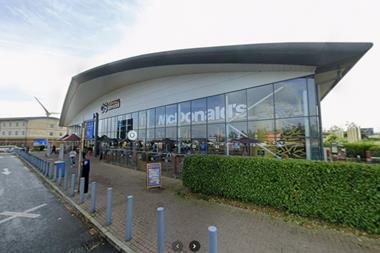The impact of the National Living Wage on the convenience retail sector has been spelled out to MPs by the Association of Convenience Stores (ACS), ahead of a delegated legislation committee debate on the topic.
In evidence submitted to the Low Pay Commission in 2015 and to the Treasury ahead of the Autumn Statement in December, ACS called on the Government to ensure that the Low Pay Commission (LPC) is allowed to carry out its assessment of affordable wage rates independently, free from any political agenda. The upcoming National Living Wage was announced by Chancellor George Osborne before the LPC was able to provide an independent assessment of its impact.
ACS chief executive James Lowman said: “The introduction of the Chancellor’s National Living Wage will cause retailers to delay their investment plans, cut staff hours and be forced to take on more hours in the business themselves. We are extremely concerned about the precedent set by the Chancellor in setting wage rates for political reasons, and call on Government to ensure that the Low Pay Commission is given the freedom to independently assess the affordability of rising wages.”
ACS has estimated that the introduction of the National Living Wage will have the following impact:
• The current plans for National Living Wage rates will cost the convenience sector £925m by 2020
• 65% of convenience store retailers are likely to respond to increasing wage rates by cutting staff hours
• 62% of convenience store retailers are likely to delay investment plans as a response to increased wage rates
The National Living Wage is set to come into force in April for all employees over the age of 25. The rate of the National Living Wage for 2016 is £7.20, an increase of 50p per hour on the National Minimum Wage.

































No comments yet